Save Romania Union (USR) MP Claudiu Nasui, former Minister of Economy, believes that the law on the payment of private pensions constitutes a ''nationalization'', because 70% of the money from pillars 2 and 3 ''will be coercively borrowed by the state through an intermediary who will also take some commissions''.
"Unfortunately, yesterday's CCR decision was based on a detail and not on the merits. I wrote well that 'it seems that' they judged correctly, in fact they did not consider that a property right was being violated. It is a nationalization, because 70% of your money from Pillar 2 and 3 will be coercively borrowed by the state through an intermediary who will also take some commissions. This is contrary to what Mr. Bolojan himself said, when he said that the money does not reach the state. Yes, that is exactly where it ends up. We are witnessing the largest nationalization in Romania since the nationalization of the currency in 1991. The climax was also made by a PNL member, Mr. Teodor Stolojan. And then we 'had to' and we were 'obliged'." For those who don't know, the Stolojan Government simply took all the currency from people's banks and gave them RON in exchange at a rate made out of thin air. Who can trust Romania after this?'', Nasui wrote on Facebook on Wednesday, agerpres reports.
He added that the law must pass through Parliament once more. "We see what exactly is written in the Court's reasoning, but if nothing politically changes, the nationalization will go ahead to the delight of the state budget and the intermediary funds that will take a commission for your money that passes through them," the USR deputy argued.
The Constitutional Court of Romania established on Tuesday that the amendments to the Law on the payment of private pensions, whereby only people suffering from oncological diseases can receive 100% of the value of their personal assets in the form of a single payment, establish discrimination that is not based on objective criteria.
The constitutional judges, with a majority of votes, admitted on Tuesday the objection of unconstitutionality formulated by the deputies belonging to the parliamentary group of the Alliance for the Unity of Romanians and the High Court of Cassation and Justice and found that the provisions of art. 55 paragraph (2) of the Law on the payment of private pensions are unconstitutional.
The CCR also established that the Law on the payment of private pensions, as a whole, is constitutional.


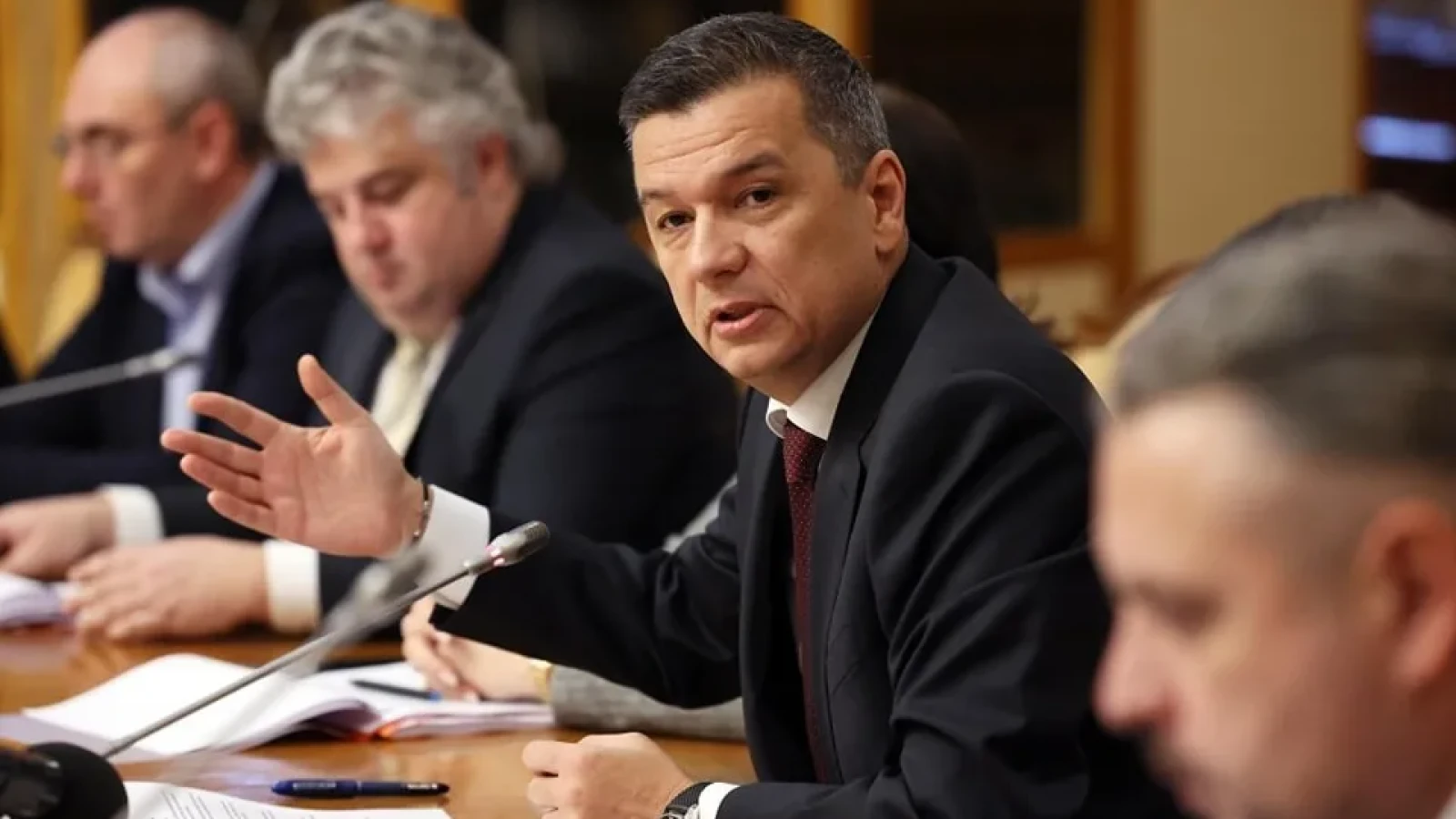
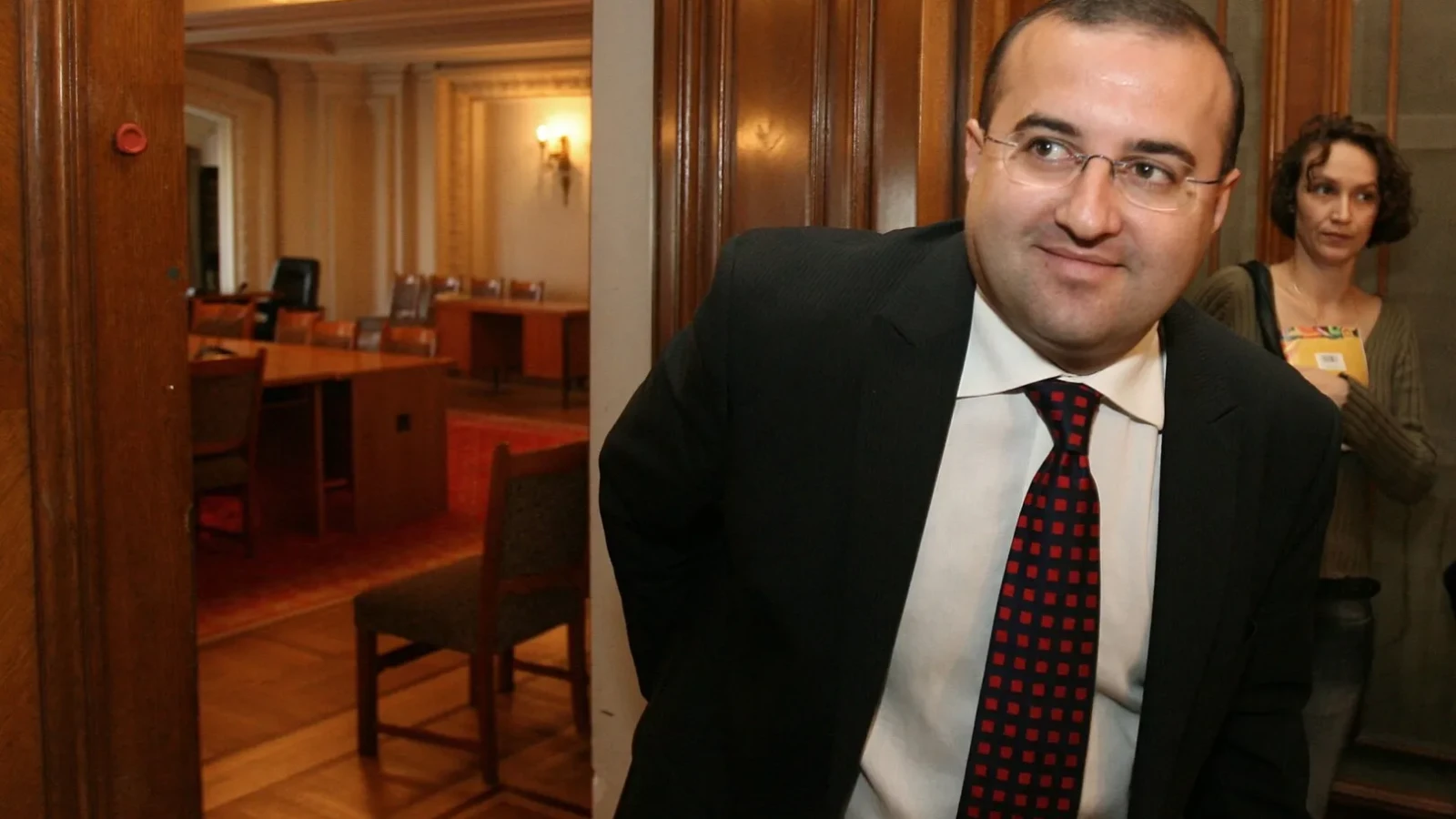


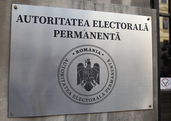





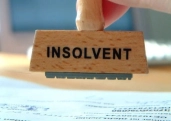







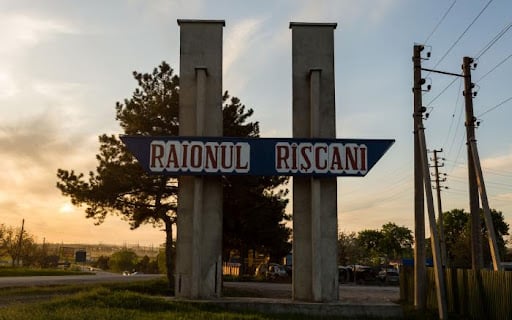

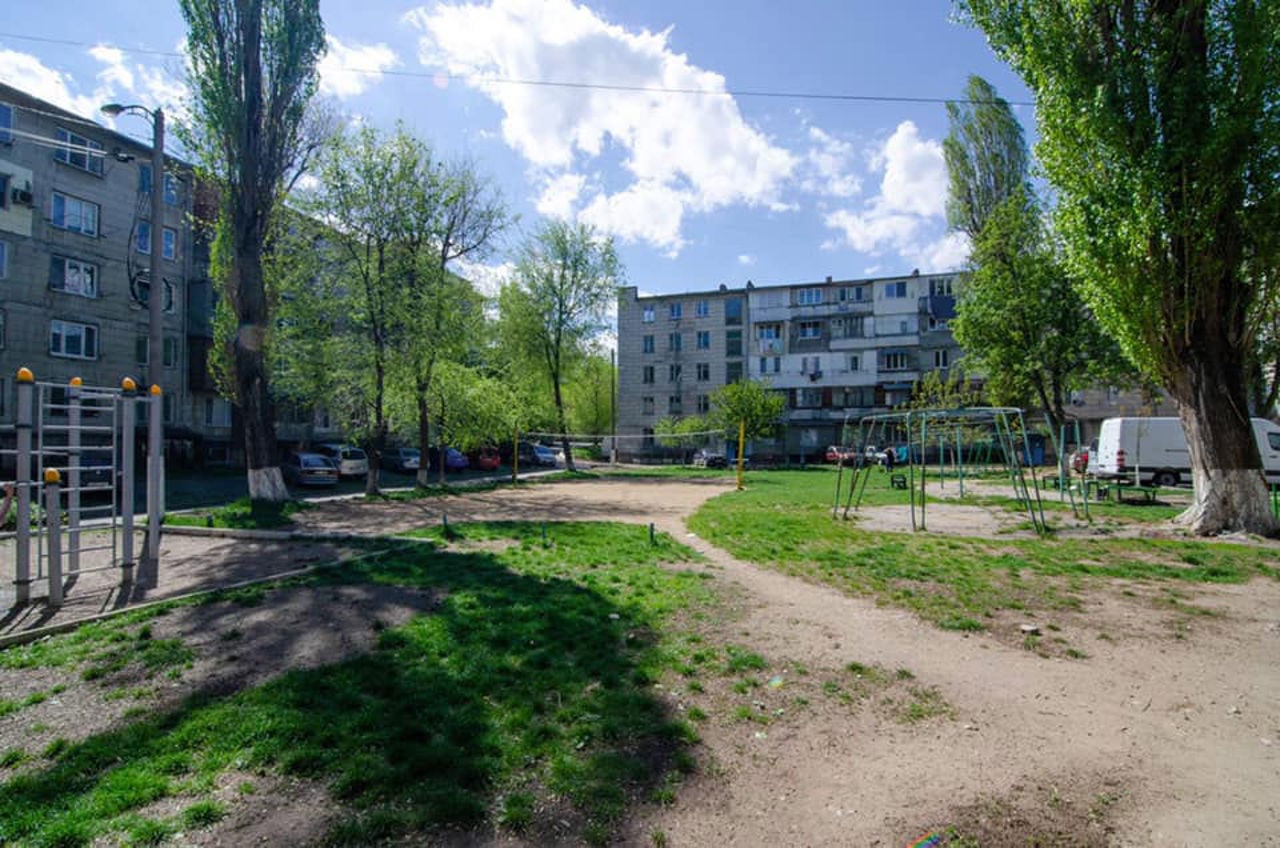
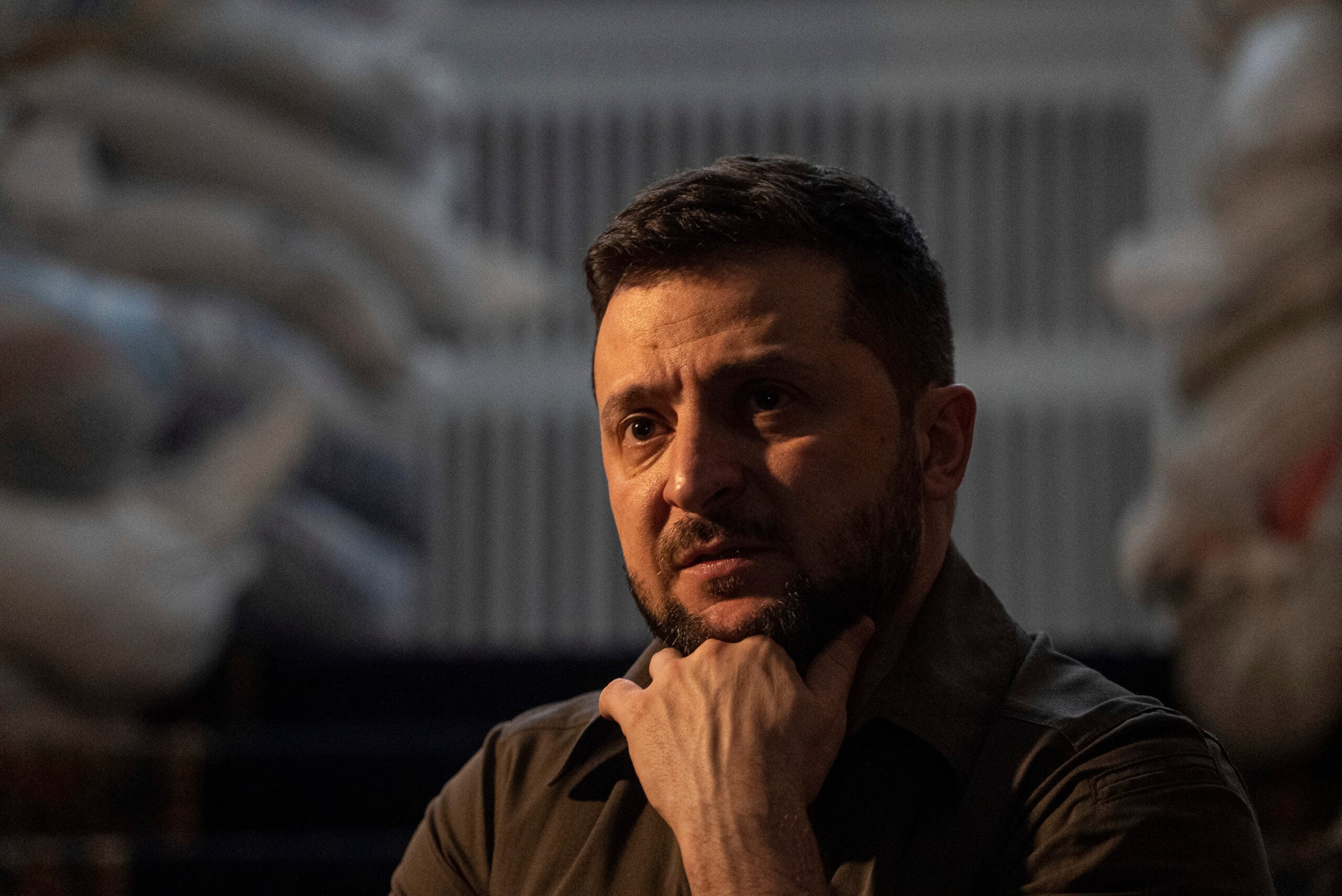








Comentează